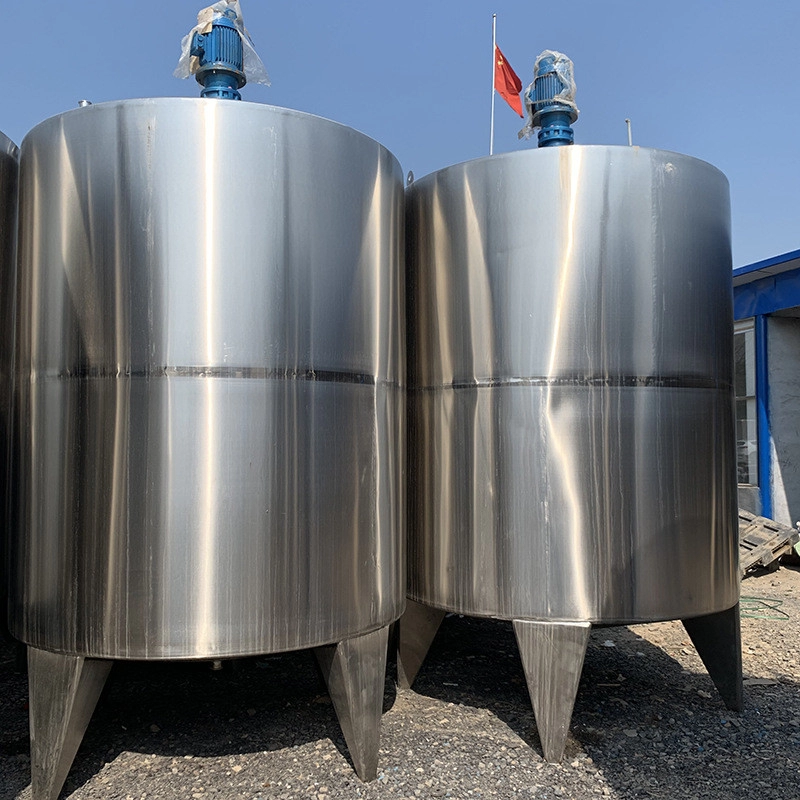Hack 1: The 10-Minute Inspection Ritual
Problem: Hidden damage worsens over time. Rot and loose components often go unnoticed.
Solution: Monthly visual scans. Focus on posts, rails, and ground contact points. Use a screwdriver to test wood softness.
Case: Our team diagnosed wobbly fence panels in 2025 using this method. Tightening brackets prevented $800 in replacements.
Hack 2: Pressure Washing Without Damage
Many homeowners blast away grime… and their fence’s protective layer. Fence cleaning requires finesse.
Safe Cleaning Steps:
- Use ≤40° nozzle (wide spray pattern)
- Maintain 18-inch distance
- Keep wand moving constantly
- Work top-to-bottom
- Rinse thoroughly
Pro tip: For vinyl fencing, skip pressure washers. Mild soap and hose work better!
Hack 3: Smart Vegetation Control
Vines might look charming but trap moisture. This accelerates wood decay in garden fences.
Create a 6-inch clearance zone around fence lines. Mulch helps suppress weeds without chemical sprays.
Hack 4: Stain vs. Sealant: The Eternal Debate
Choosing the right protective coating confuses many. Let’s compare:
| Criteria | Stain | Sealant |
|---|---|---|
| UV Protection | Excellent | Good |
| Water Resistance | Moderate | Excellent |
| Wood Grain Visibility | High | Low |
| Reapplication Frequency | 2-3 years | 1-2 years |
For most wooden fencing, hybrid products offer the best balance. Apply during 50-90°F weather for optimal absorption.
Hack 5: Hardware Health Check
Loose hinges and rusty nails compromise structural integrity. Surprisingly, hardware issues cause 30% of fence collapses.
Replace standard nails with galvanized screws. They grip better and resist corrosion. For gate latches, lubricate moving parts annually with silicone spray.
We recommend sourcing durable components from trusted suppliers like fence hardware specialists.
Hack 6: Winterization Tactics
Freeze-thaw cycles wreak havoc. Water seeps into cracks, expands when frozen, and splits wood.
Proven winter prep:
- Apply water-repellent sealant before first frost
- Install wind breaks in snowy regions
- Clear 12″ snow base around posts
In Minnesota, these steps reduced frost heave damage by 70% according to 2023 landscape reports.
Fence Maintenance Checklist
Test rail stability
Clear debris from base
Check hardware tightness
Scan for insect damage
Apply protective coatings
Trim nearby vegetation
Fence Care FAQs
Q: How often should I stain my fence?
A: Typically every 2-3 years. Cedar fences might last 4 years between treatments.
Q: Can I repair rotted fence posts without replacement?
A: Sometimes! Post sleeves can reinforce damaged sections if >60% of the post remains solid.
Q: Do vinyl fences need maintenance?
A: Yes – though minimal. Clean annually and check for impact cracks. Avoid abrasive cleaners.







